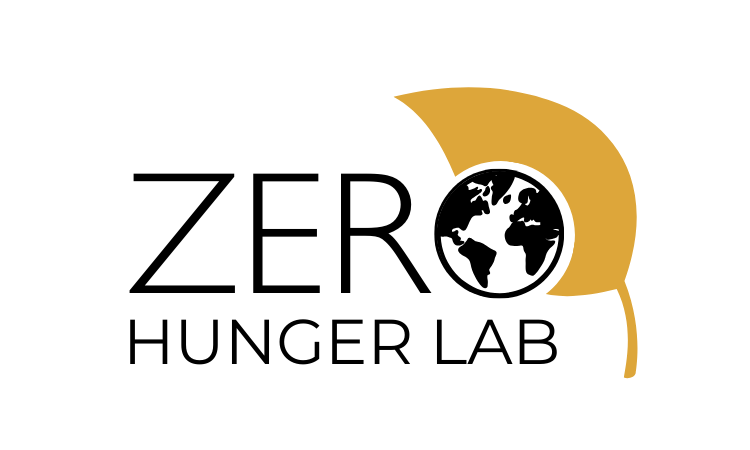1 – Lost in transition: The decline of LPG usage and the charcoal renaissance in urban Senegal
Julian Rose
RWI – Leibniz Institute for Economic Research, German; University of Passau, Germany; Consulting and Training Group Dakar, Senegal
Abstract: Claims for removing fossil fuel subsidies in the Global South are based on climate and equity concerns, but they can be at odds with improving access to Liquefied Petroleum Gas (LPG) as a clean cooking fuel. We examine the case of urban Senegal where LPG usage rates were among the highest in sub-Saharan Africa in the late 2000s. Using Demographic and Health Survey (DHS) data, we show that LPG usage declined sharply following the removal of subsidies in 2009. Counterintuitively, the decline was not reversed when falling world market prices led to a local price decrease. To explore this puzzle, we use detailed cooking data from surveys we conducted in 2009 and 2019. We find that households change to charcoal after the subsidy removal, but they increasingly use newly promoted energy-efficient charcoal stoves. These stoves make charcoal cooking cheaper and hence the switch back to LPG less attractive. Our results underscore that the energy transition of the poor is highly price responsive – an important insight not only for the debate about fossil fuel subsidies but also carbon taxation.
2 – How to foster adoption and productive use of electricity – Evidence from a cluster randomized policy roll-out in rural Rwanda
Maximiliane Sievert
Leibniz-Institute for Economic Research (RWI)
Abstract: Electricity usage among households and microenterprises often remains low in grid-connected areas in sub-Saharan Africa. This paper presents results from a randomized government intervention in rural Rwanda
that provides large in-kind grants for connected households and microenterprises tailored to increase electricity adoption at the intensive margin. One year after the intervention, we find that the program leads to large increases in electricity consumption among those receiving the grants, as our primary pre-specified outcome. As secondary outcomes, we find that the program increases employment, but not profits. We discuss implications for future policies in the electrification sector.
3 – Can development intervention ensure equitable and sustainable management of resources? A case study on co-managed fisheries in Bangladesh
Rehnuma Ferdous
University of Birmingham
Abstract: Sustainable management of natural resources is critical for reversing biodiversity loss and addressing climate change. To support an equitable and sustainable management of resources, since the 1980s many initiatives adopted around the globe have involved local communities in collaborative or community-based natural resource management. However, in many countries of the Global South, co-management of fisheries, watersheds, forest, water resources, and land etc struggles against elite capture. Existing literature on elite capture identified mechanisms elite apply are force, manipulation, financial misappropriation, and general malpractices. In this paper, I focus on power can also be used in a hidden way which has a critical influence on manging resources in an equitable and sustainable way. Power and politics can significantly influence how the natural resources will be managed, protected and who will be benefitted from this development intervention. Two donor funded fisheries co-management projects in Bangladesh were investigated and qualitative data were collected through key informant interviews. I employ Gaventa’s (2006) concept of hidden power to identify practices and hidden strategies and find that elites within the committee adopted four practices that are critical to ensure equitable and sustainable management of resources-first, forming hybrid institution, second controlling agenda, third compromised enforcement-related support, and fourth, maintaining networks
of elite.
